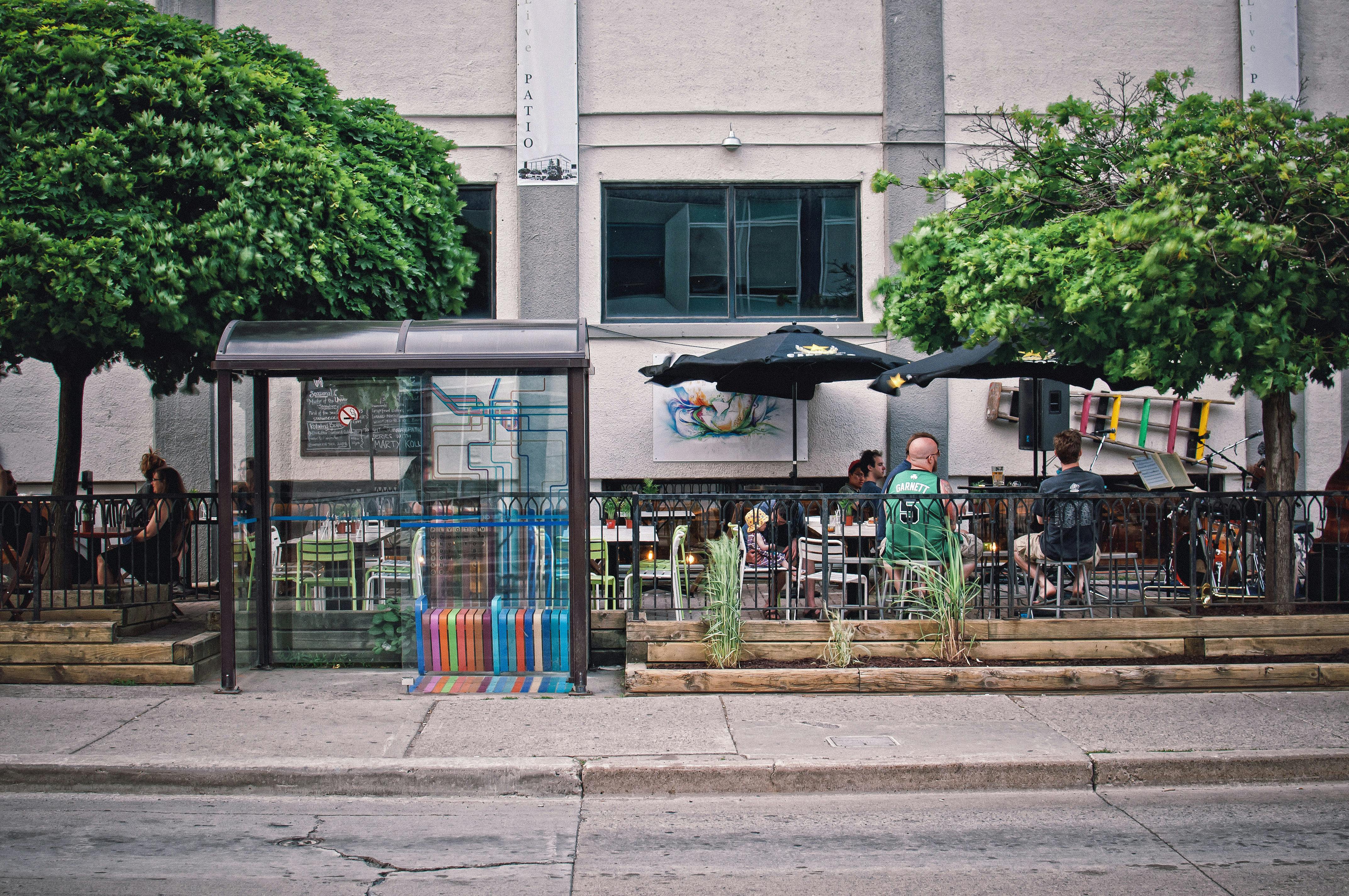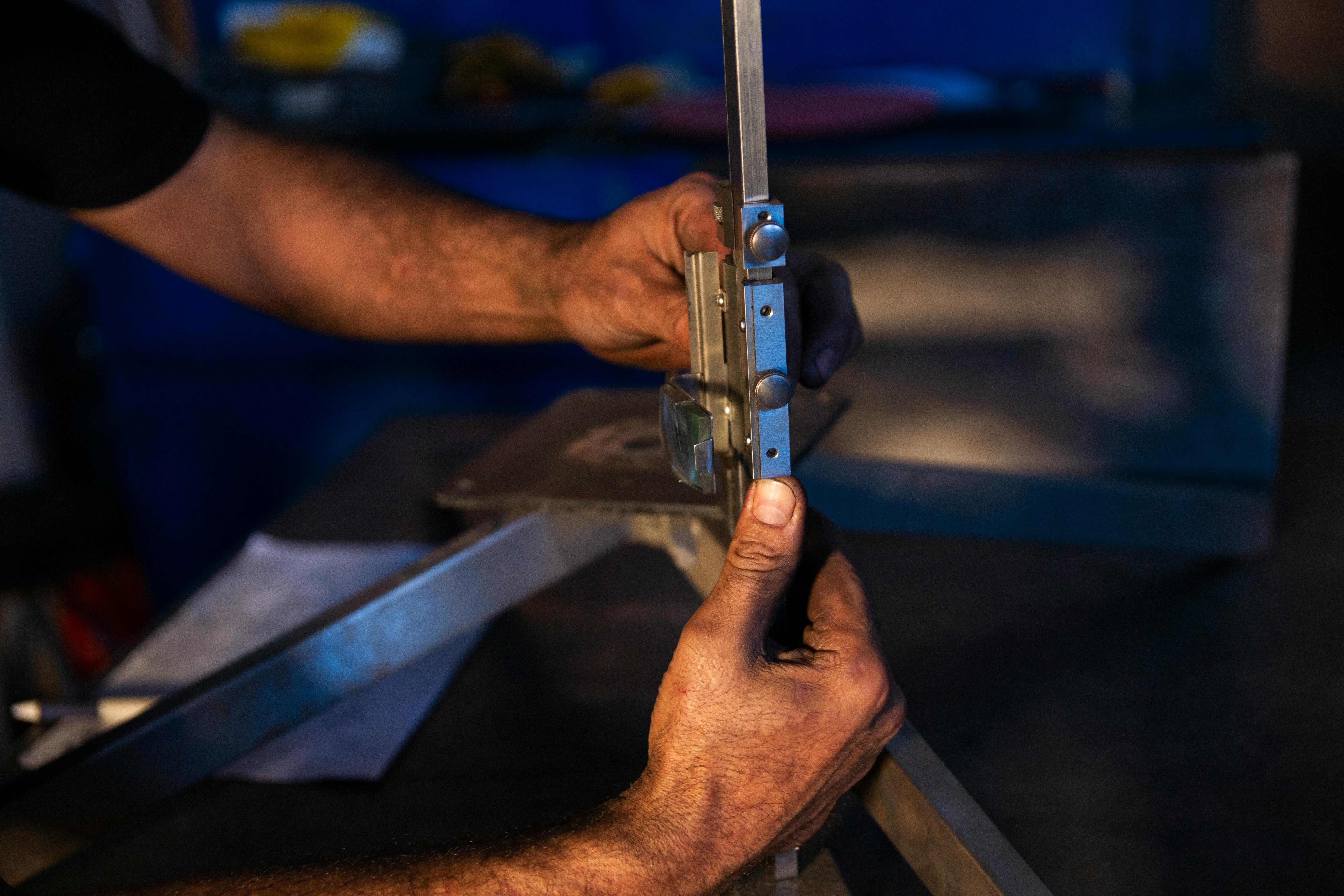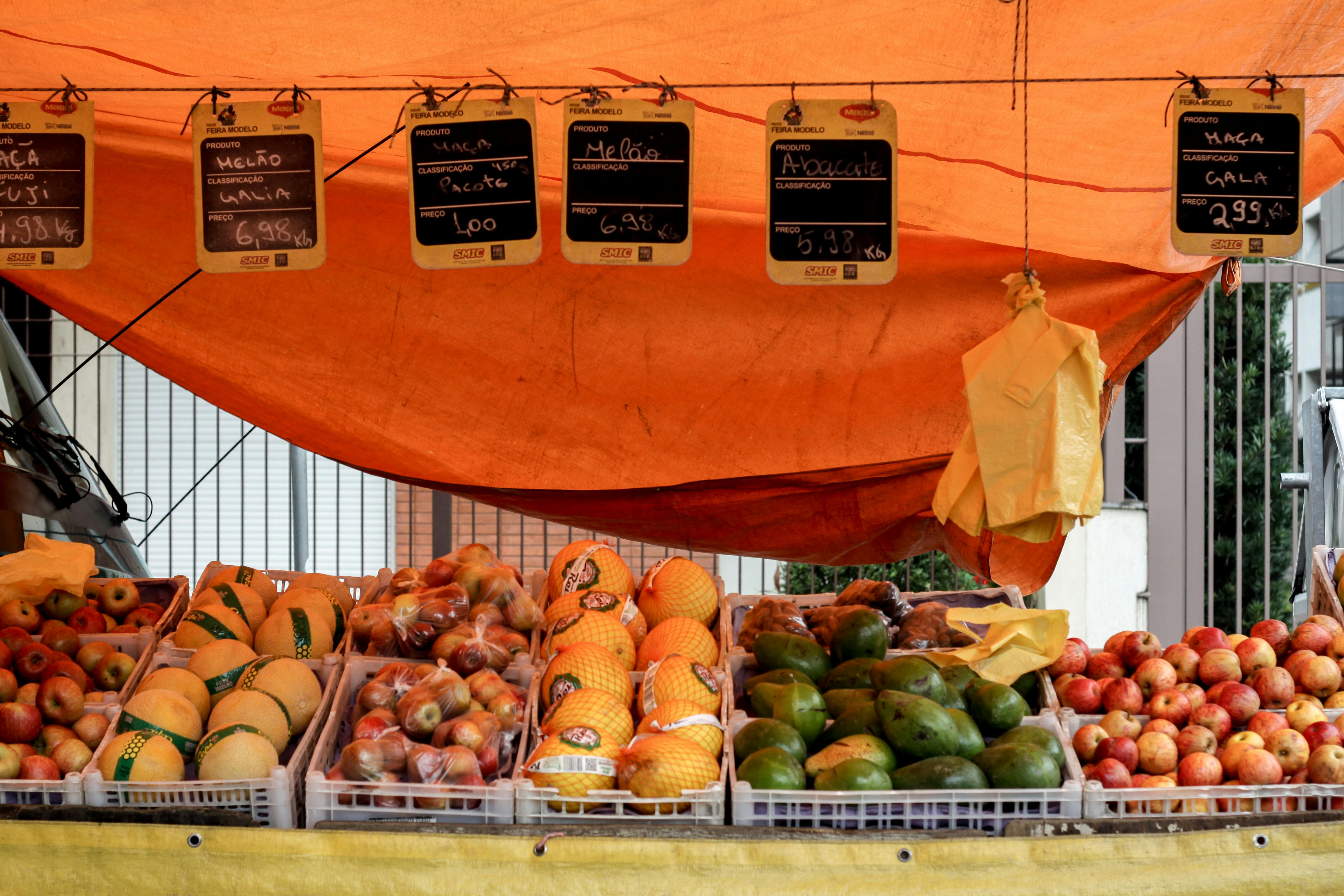A four-time winner of the African Cup of Nations, Ghana is seen globally as one of the sportiest nations in Africa. Within Ghana, Asante Kotoka is one of the most famous football teams and several times national champion. However, in Kumasi in the 1970s it should be recorded that apart from football there was very little evidence of popular interest in the sport. Arguably, of all the world games that have been brought to Africa, only football has captured the imagination of the Ghanaian public.
While little boys could be seen all over the open fields, kicking around a battered ball or a pile of rags, their sisters played a traditional children’s game called ampe. This pastime involves two players facing each other and dancing on the spot, moving one foot forward in sync with the opponent to score a point. Therefore, the fair sex was left to preserve something of the pre-colonial sports scene. The only apparently indigenous children’s game that could be observed consisted of tying a cockroach to a piece of sewing thread and watching its circular flight. Whether this involved competition based on the number of circuits to exhaustion was not investigated.
In addition to a famous soccer field, Kumasi also had a horse racing track. Occasional events were well attended and gambling seemed to be popular, but the “sport of kings” was far from universally popular. Another relic of colonial times was Kumasi’s golf course, called ‘golf park’ by the locals. This was frequented by an elite group of expatriate and local businessmen, supported by a core of banks and breweries. To learn about other vestiges of colonial sport, you had to visit the Kwame Nkrumah University of Science and Technology.
In 1971, the British Army’s 3rd Battalion Parachute Regiment was in Ashanti for several weeks of jungle training with the Ghana Army. At the end of the exercise, the troops arrived in Kumasi for two days of recreation. They challenged the university to a rugby match. An enthusiastic Welsh expat lecturer quickly assembled a team of other British expats and a top Sergeant from the Ghana Army who begged to be included. The little Welsh scrum-half glanced at the imposing soldier and said ‘yes please’. Unfortunately, the giant had never played rugby before, and it soon became clear that out-of-form academics were no match for jungle-hardened warriors.
The university’s Senior Staff Club owned some sporting facilities, such as badminton and tennis courts and a full-size pool/snooker table. Tennis and badminton flourished from time to time due to the participation of enthusiastic expatriates who kept up the activity throughout their tour of duty. Unfortunately, the departure of foreign participants usually resulted in the abandonment of the facilities and this fate befell even the university’s Olympic swimming pool and the stables of its Equestrian Society. Only billiards seemed immune to reliance on expatriate participation, with a visiting British professional expressing the view that a future champion from Ghana could emerge to challenge the dominance of Europe and Asia.
Towards the end of the decade, local interest in football reached its climax when in 1978 Ghana hosted the African Cup of Nations final. Some of the games were held in Kumasi, where the stadium was extensively rebuilt and modernized in time for the event. The citizens were proud to be the focus of continental and world interest and the whole town was infected with soccer fever. Sadly, some citizens lost their lives when they were crushed behind the new heavy iron gates as the crowd pressed out of the stadium after one of the games. Had they survived, the victims would have rejoiced with their compatriots over Ghana’s victory in the final in Accra, beating Uganda 2-0.


